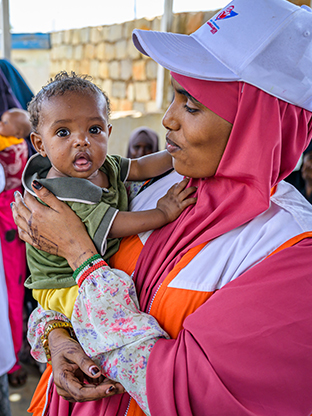






How we use your donations
Thank you for partnering with us to drive out poverty in the most marginalized parts of the world. Here’s the five-year average of how we put your donations to work.
84.9%
Field programs and advocacy
10%
Helps raise more resources
5.1%
Vital support and accountability